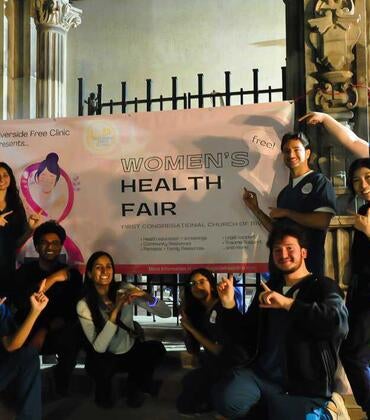A team led by a multiple sclerosis expert at the University of California, Riverside, conducted a survey aimed at detecting abuse and neglect of people with multiple sclerosis, or MS, by their informal caregivers and found that 56% of participants with advanced MS reported having been abused or neglected since they began requiring a caregiver.
The survey found psychological abuse dominated the mistreatment (53% of the participants), followed by financial exploitation (10%), physical abuse (7%), neglect (5%), and sexual abuse (4%).
MS is an autoimmune disease that affects more than 2.3 million people worldwide. This chronic, degenerative neurological condition periodically alters communication between the central nervous system (brain and spinal cord) and other parts of the body, resulting in symptoms that can include numbness, visual impairment, and paralysis. Approximately 30% of people with MS in the U.S. require caregiving, most of which is provided by informal caregivers: unpaid, untrained family members and other lay caregivers.
“Providing uncompensated care for adults with advanced MS can become a burden for lay people,” said Dr. Elizabeth Morrison-Banks, a professor of clinical neurology at the UC Riverside School of Medicine, who led the study. “Some caregivers experience fatigue, depression, and anger that can reduce their empathy for the person with MS in their care. Serious cognitive impairment in people with MS sometimes increases caregivers’ stress more than physical disability would.”
The research team developed and tested a self-report measure of mistreatment, the Scale to Report Emotional Stress Signs–Multiple Sclerosis, or STRESS-MS, which allowed the team to explore risk factors for caregiver mistreatment. The 102 participants, all from Southern California, were at least 18 years old, spoke English, were diagnosed as having MS, had a primary informal caregiver who was a family member or friend, and had sufficient MS-related disability to require assistance with at least one daily activity such as bathing, dressing, housecleaning, shopping or preparing meals.
“While more than 50% of participants with MS in our study disclosed they had survived various forms of abuse or neglect, it must be acknowledged that the majority of informal caregivers are not abusive and provide excellent care under often extraordinarily challenging circumstances,” said Morrison-Banks, who is the associate dean for medical education quality and integration in the School of Medicine and practices at UCR Health.
Morrison-Banks was joined in the study by colleagues at UC Irvine, University of Southern California, and Hospital Corporation of America in Las Vegas. The study was funded by the National Multiple Sclerosis Society.
The paper, published in the International Journal of MS Care, is titled “Validity and Reliability of the Scale to Report Emotional Stress Signs–Multiple Sclerosis (STRESS-MS) in Assessing Abuse and Neglect of Adults with Multiple Sclerosis.”
Thumbnail photo: james williams on Unsplash





